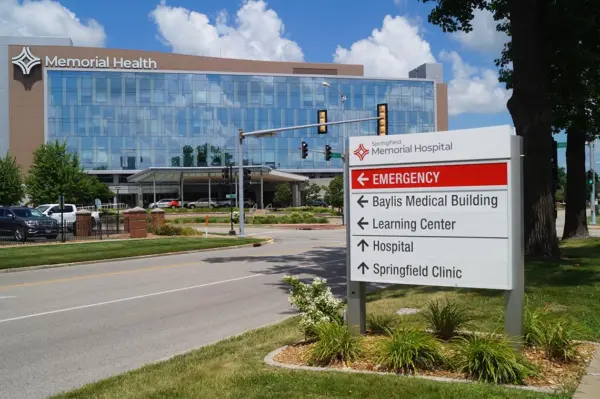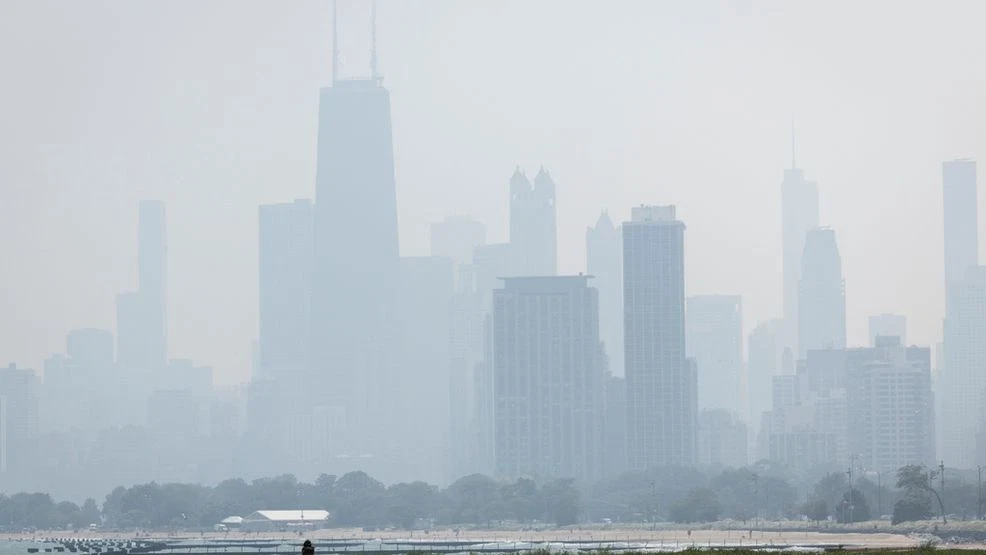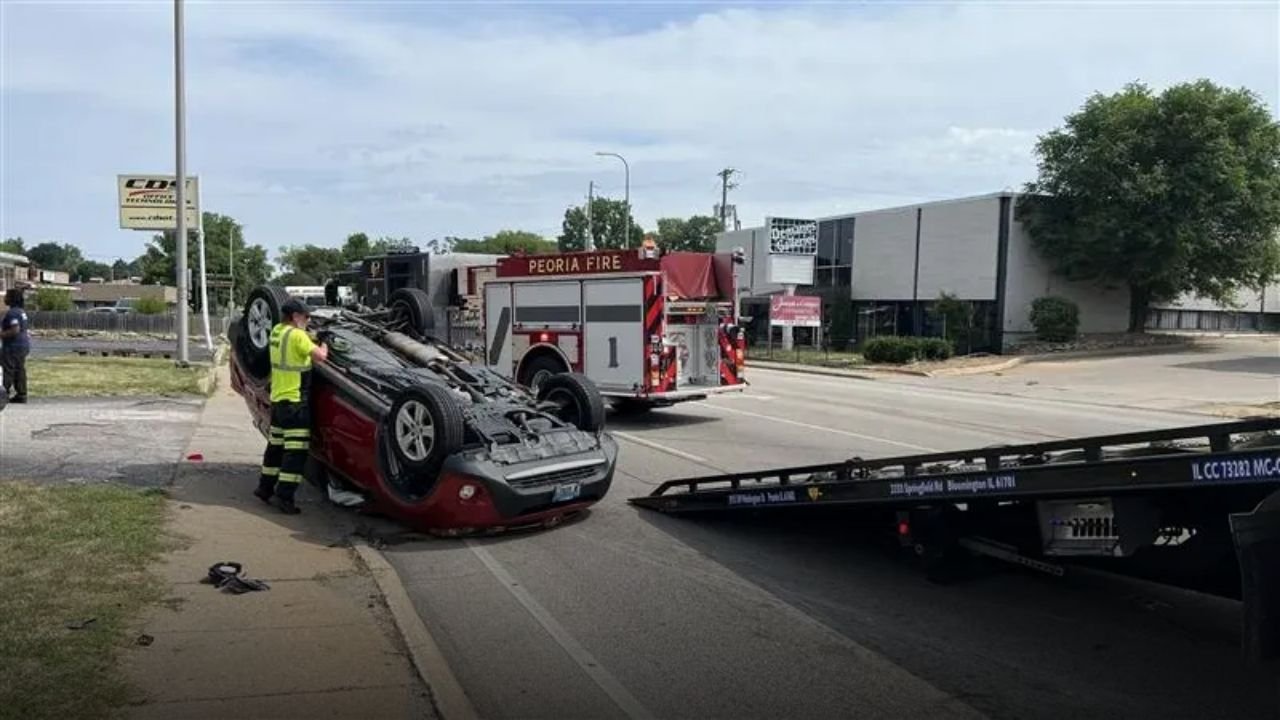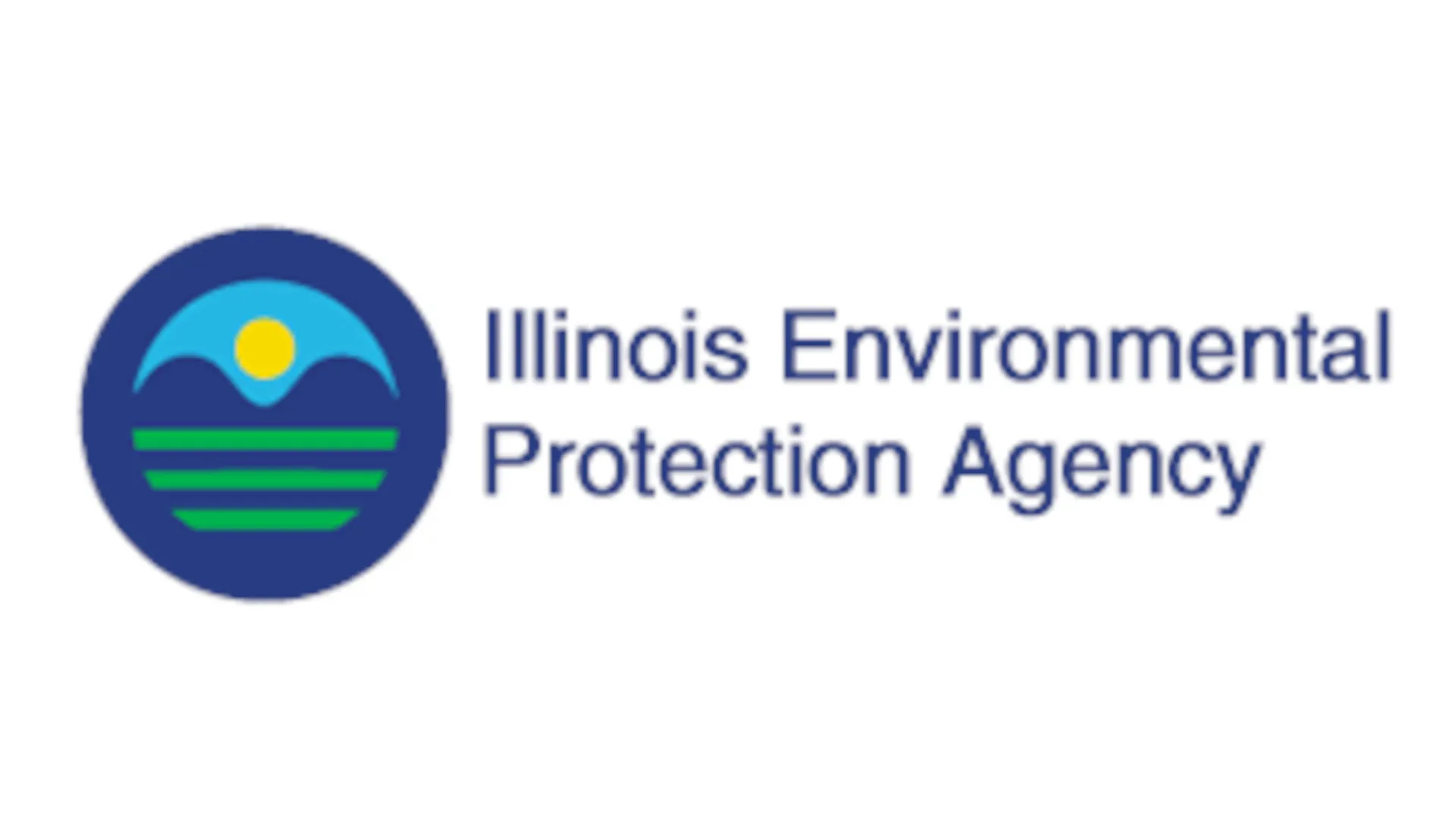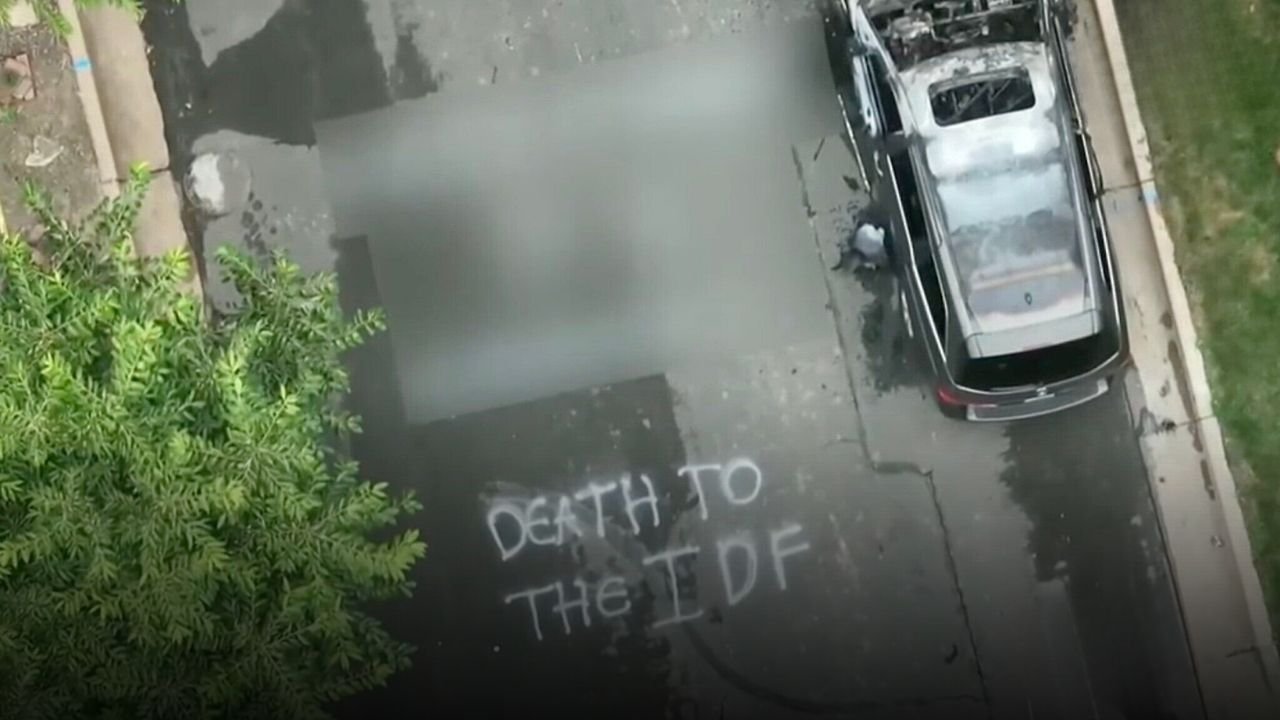ILLINOIS — Health care leaders across Illinois are sounding the alarm after sweeping federal Medicaid cuts were signed into law, warning the reductions could leave hundreds of thousands without coverage, cripple safety net hospitals, and worsen already limited rural health care access.
Massive Coverage Losses Expected
The cuts, part of a federal rescission package known as the One Big Beautiful Bill Act, are projected to result in 330,000 Illinois residents losing health insurance. Medicaid currently covers more than 3.4 million Illinoisans — including children, seniors, and adults with disabilities.
Hospitals warn the changes will force more uninsured patients into emergency rooms, often with advanced medical conditions, and could lead to closures of facilities already under financial strain.
According to WTTW News, about 35.6% of Illinois residents relied on public health insurance in 2023, an increase from pre-pandemic levels. Health systems say the funding drop will deepen inequities and increase long-term health care costs.
Safety Net Hospitals at Highest Risk
Hospitals like Sinai Chicago, which operates Mount Sinai, Holy Cross, and Schwab Rehabilitation, face the most immediate threats. More than 70% of Sinai’s inpatients are Medicaid patients, and Holy Cross and Schwab reported over 93% of their 2024 revenue came from public insurance.
“These cuts put us directly at odds with the economic reality we face,” said Dan Regan, spokesperson for Sinai Chicago. “We need to protect Medicaid and revamp the reimbursement system to better cover the real costs of care.”
Impact on Children’s Hospitals
Pediatric care facilities such as La Rabida Children’s Hospital in Chicago’s Woodlawn neighborhood say their services will be directly impacted by a freeze — and later, a reduction — in Medicaid reimbursement rates.
About 90% of La Rabida’s patients rely on Medicaid. “No one plans for kids to get sick, and Medicaid provides an essential safety net for all our children,” said Rolla Sweis, the hospital’s president and CEO.
Rural Illinois Faces Steeper Challenges
Rural hospital leaders warn that cuts will exacerbate existing shortages in maternal care, specialty services, and provider recruitment. Tracy Warner, executive director of the Illinois Critical Access Hospital Network, called the changes “an assault on rural life, not just health care.”
Rural populations are typically older, sicker, and more reliant on government insurance — making them more vulnerable to hospital closures. About 25% of Illinois rural hospitals already operate with thin or negative margins.
Long-Term Consequences and Advocacy Efforts
Health policy experts say the cuts could trigger Illinois’ Medicaid expansion rollback if federal matching rates drop, and may reduce loan forgiveness programs that attract medical staff to underserved areas.
Michelle Rathman, CEO of Impact Communications, urged communities to demand accountability from lawmakers who supported the bill. “Don’t let them off the hook,” she said. “Bring them to your community and let them see the impact firsthand.”
Do you think Illinois should fight to restore Medicaid funding to protect hospitals and rural care access? Share your views at ChicagoSuburbanFamily.com.
